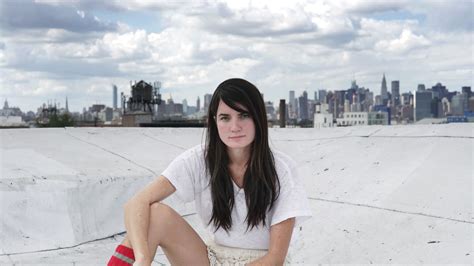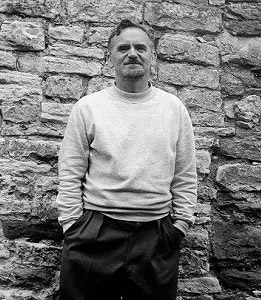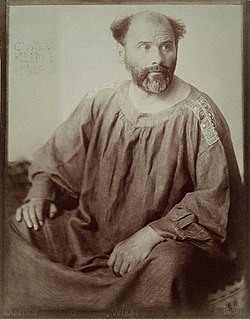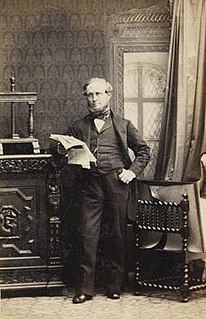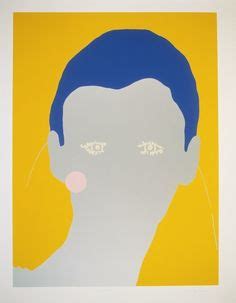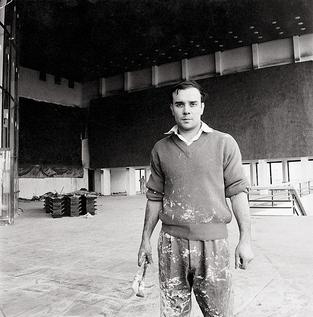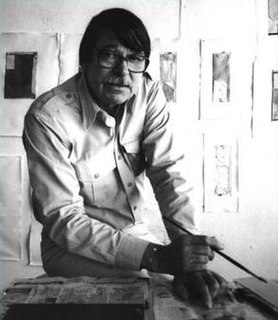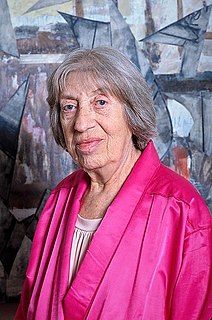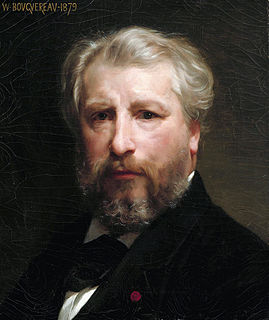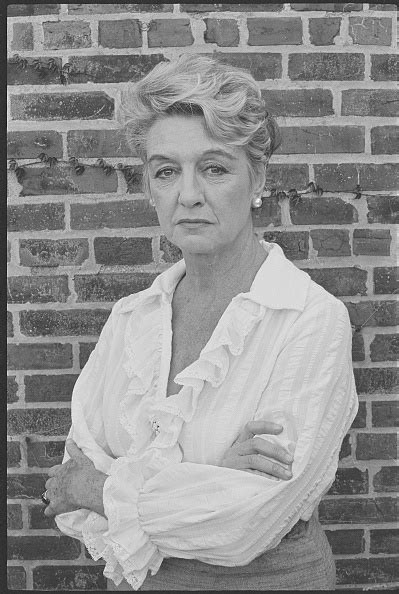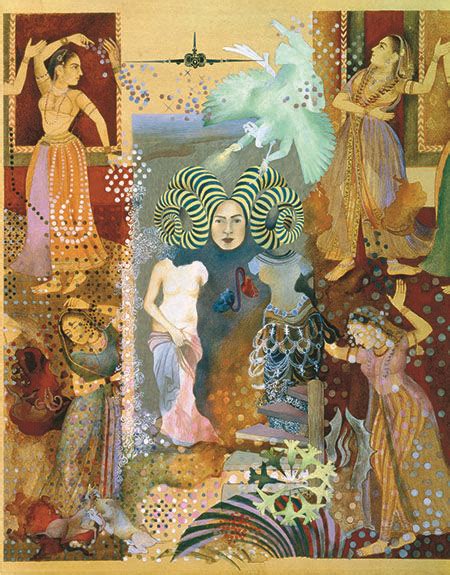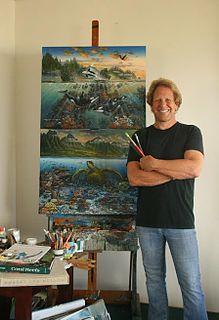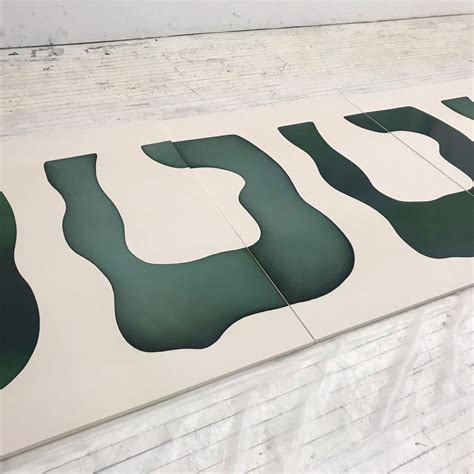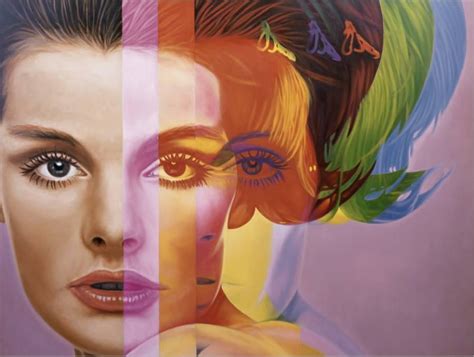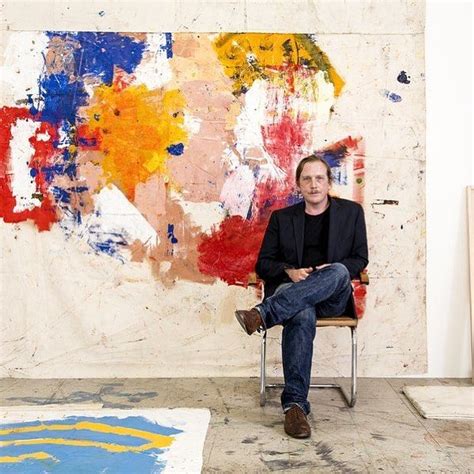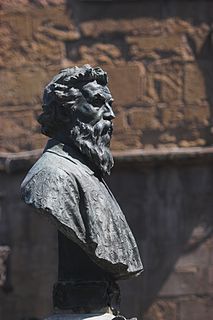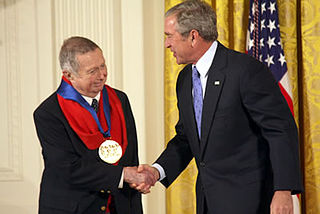Top 1200 Abstract Painting Quotes & Sayings - Page 6
Explore popular Abstract Painting quotes.
Last updated on December 19, 2024.
I remember one occasion when I tried to add a little seasoning to a review, but I wasn't allowed to. The paper was by Dorothy Maharam, and it was a perfectly sound contribution to abstract measure theory. The domains of the underlying measures were not sets but elements of more general Boolean algebras, and their range consisted not of positive numbers but of certain abstract equivalence classes. My proposed first sentence was: "The author discusses valueless measures in pointless spaces."
It was a figure painting class, where you had a model, and [Robert von Neumann ] would wander around and he'd come up behind someone and say, "Well, what are you trying to do?" And if you told him what you were trying to do, he would then proceed to discuss this with you and suggest things that you might look at and ways in which you could improve what you were attempting to do, etc - never worked on your painting, never touched your painting but talked extensively about what you were trying to do.
Modern transcendental idealism, Emersonianism, for instance, also seems to let God evaporate into abstract Ideality. Not a deity in concreto, not a superhuman person, but the immanent divinity in things, the essentially spiritual structure of the universe, is the object of the transcendentalist cult. In that address of the graduating class at Divinity College in 1838 which made Emerson famous, the frank expression of this worship of mere abstract laws was what made the scandal of the performance.
If you go to a concert, you will notice, is it loud? Is the music fast? Is it predominately strings or brass? There are things we can all register, whether we are musicians or not. Painting's no different. Taking pleasure in projecting oneself into the painting is the act of looking. That's what looking is.
Corruption is a fact of life in America as in Afganistan, but as American citizens, if we are white, we tend to experience it as an opportunity cost. I live in Washington, DC, where the city council is notoriously corrupt. But how do I experience that? Maybe in streets that are not as well paved as they could be, maybe in a bridge that costs a lot more money than it should have. That's a little bit abstract - shocking, of course - but still abstract.
People want to know those details. They think it gives them greater insight into a piece of art, but when they approach a painting in such a manner, they are belittling both the artist’s work and their own ability to experience it. Each painting I do says everything I want to say on its subject and in terms of that painting, and not all the trivia in the world concerning my private life will give the viewer more insight into it than what hangs there before their eyes. Frankly, as far as I’m concerned, even titling a work is an unnecessary concession.
I'm really creating abstract shapes and relationships that work together. They come together and give the illusion of reality, but they're really abstract shapes. If you look at individual shapes, they aren't the shape of anything, but together they give you the illusion of hills and sun and flowers.
One has to believe in what one is doing, one has to commit oneself inwardly, in order to do painting. Once obsessed, one ultimately carries it to the point of believing that one might change human beings through painting. But if one lacks this passionate commitment, there is nothing left to do. Then it is best to leave it alone.
Your poems are rather hard to understand, whereas your paintings are so easy. Easy? Of course - you paint flowers and girls and sunsets; things that everybody understands. I never met him. Who? Everybody. Did you ever hear of nonrepresentational painting? I am. Pardon me? I am a painter, and painting is nonrepresentational. Not all painting. No: housepainting is representational. And what does a housepainter represent? Ten dollars an hour. In other words, you don't want to be serious - It takes two to be serious.
The idea of an isolated American painting , so popular in this country during the thirties, seems absurd to me, just as the idea of a purely American mathematics or physics would seem absurd... And in another sense, the problem doesn't exist at all; or, if it did, would solve itself: An American is an American and his painting would naturally be qualified by the fact, whether he wills or not. But the basic problems of contemporary painting are independent of any one country.
What I think confuses things is when people approach painting as an inherently expressive or personal medium. We still tend to have this expectation of purity with painting, this idea not only that the artist must be reflected in his or her canvases, but more importantly, that this is where one finds meaning.
